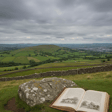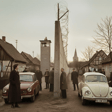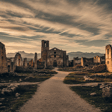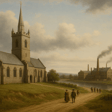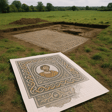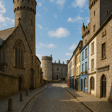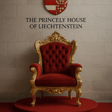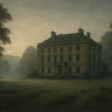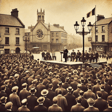
The Hidden Rebels: Irish Women in the Jacobite Cause
Episode eleven of the new series of Pieces of History shines a light on the often-overlooked role of Irish women in Jacobite networks, revealing their significant yet underappreciated contributions to the cause. Far from passive observers, these women were active participants in the struggle to restore the Stuart monarchy, operating in a world of secrecy, strategy, and high stakes.
Joining me is historian Dr. Frances Nolan, recipient of the SFI-IRC Pathway Fellowship at the UCD School of History in 2023, whose research brings fresh insight into the crucial - yet frequently underestimated - contributions of Irish women to the Jacobite movement. Together, we examine the strategies they employed, the dangers they faced, and the lasting impact of their actions.
From clandestine communication to financial manoeuvring, these women were instrumental in the political and military efforts of the Jacobites. In this episode, we uncover their hidden stories, challenge traditional narratives, and explore how their influence shaped the course of history.
Email: piecesofhistorypod@outlook.com
Facebook: Pieces of History podcast
Instagram: @pieceofhistorypod
Dr. Frances Nolan:
The Jacobite Duchess:: Frances Jennings, Duchess of Tyrconnell, c.1649-1731
https://boydellandbrewer.com/9781783276141/the-jacobite-duchess/
